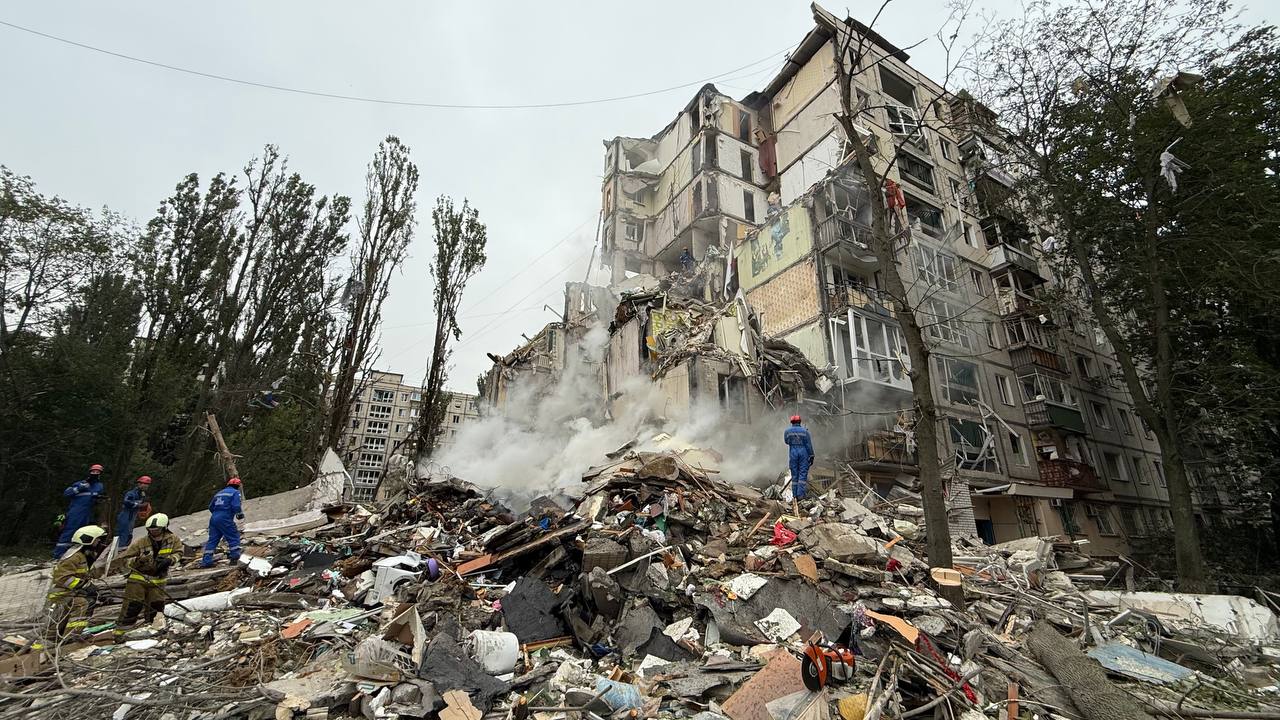Trump says Medvedev entering 'dangerous territory' after US-Russia war threat

Editor's note: This story has been updated to include former Russian President Dmitry Medvedev's response.
U.S. President Donald Trump on July 31 warned former Russian President Dmitry Medvedev to "watch his words," accusing him of crossing a line with increasingly inflammatory rhetoric.
"Let's keep it that way, and tell Medvedev, the failed former president of Russia, who thinks he's still president, to watch his words," Trump wrote on Truth Social. "He's entering very dangerous territory."
In his post, Trump also dismissed concerns about India's trade with Russia.
"They can take their dead economies down together, for all I care," he wrote. "We have done very little business with India; their tariffs are too high, among the highest in the world."
The remarks follow Medvedev's July 28 statement that Trump's "ultimatum game" with Moscow amounts to a threat to Russia and pushes the United States itself closer to war.
"Each new ultimatum is a threat and a step towards war," said Medvedev, currently deputy chair of Russia's Security Council. "Not between Russia and Ukraine, but with his own country."
Medvedev is known for his aggressive, apocalyptic rhetoric and frequent threats of nuclear escalation. His posts regularly echo Kremlin propaganda, portraying Russia as the victim of Western aggression and defending further war escalation as justified.
In response to Trump's remarks, Medvedev said that if his words provoked such a "nervous reaction," it meant "Russia is right about everything and will continue to go its way."
Medvedev mocked Trump's comments, referencing The Walking Dead TV show and warning the U.S. president to remember "how dangerous a non-existent 'Dead Hand' can be" — a nod to Russia's Cold War-era automated nuclear retaliation system.
Trump said on July 30 that the U.S. will impose a 25% tariff on Indian imports starting Aug. 1, criticizing New Delhi for buying Russian oil and arms.
The comments follow Trump's warnings of imposing 100% secondary tariffs on Russian oil within 10 days unless Russian President Vladimir Putin agrees to a peace deal in Ukraine.
The U.S. strategy seeks to pressure Moscow by curbing its oil income, which accounts for roughly one-third of federal revenue and remains a vital source of funding for its war effort.
Trump, who has promised to broker a peace deal "within 24 hours" if re-elected, has grown increasingly impatient with what he described as Russian foot-dragging in peace talks.












